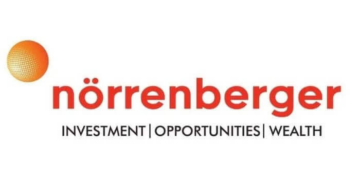The Independent Corrupt Practices and Other Related Offences Commission (ICPC) has challenged state governments to be transparent in the fight against corruption at the grassroots level.
The antigraft agency urged the information commissioners from the 36 states to use strategic communication as a tool for promoting transparency, accountability, and ethical change at the grassroots level.
ICPC chairman, Dr. Musa Adamu Aliyu, while speaking at a one-day roundtable meeting with the commissioners in Abuja yesterday, said that the key battleground against corruption is at the state and local government levels, those closest to the people, where resource leakages cause the most harm.
He further said that transparency and accountability are essential to good governance and should be embedded as part of the national culture, not merely as policies. He noted that when public resources are mismanaged, ordinary Nigerians bear the greatest burden, such as children without textbooks, farmers without access roads, and the sick without healthcare.
Also speaking, the special guest of honour, minister of information and national orientation, Mohammed Idris Malagi tasked sub-national information managers to become frontline partners of integrity systems.
He urged the commissioners to institutionalise transparent communication practices within their states and councils, professionalise public information structures, and leverage radio, television and digital platforms to proactively publish decisions, budgets, and service-delivery results.
Malagi dismissed perceptions that anti-corruption agencies are being used for political witch-hunts, assuring stakeholders that the current administration is focused on institutional reforms, transparency, and public trust.
Speaking for the commissioners, Borno State commissioner for information, Usman Tar pledged the state governments’ full support to anti-corruption efforts and expressed readiness to implement local policies that align with both state and federal transparency objectives.
Chairman of the Senate Committee on Anti-Corruption, Emmanuel Udende, who was represented by the committee’s clerk, Mr. Uboh Emunike, described the dissemination of accurate, timely information as a powerful weapon against unethical practices.
Also speaking, chairman of the House Committee on Anti-Corruption, Hon. Prince Kayode Akiola said that corruption remains a major impediment to Nigeria’s development and called on information managers across the country to use their platforms to demand accountability and promote transparency across all tiers of government.





